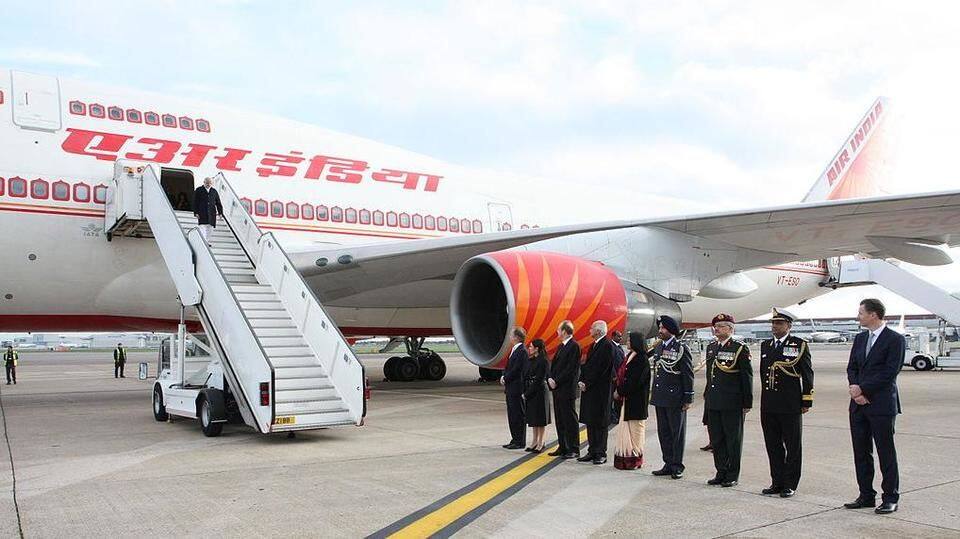
Parliamentary panel: Don't privatize Air India, give 5yrs for revival
What's the story
Parliamentary Standing committee on Transport, Tourism and Culture plans to tell the government that this is not an appropriate time to privatize Air India (AI). It feels the embattled national carrier should at least be given five years to revive and its debt written off. It will also advise the government to consider an alternative to disinvestment as the airline is a "national pride."
Do you know?
What is the problem with Air India?
Air India has been surviving on taxpayers' money for a long time. By March'17, it had accrued a loss of Rs. 48,877cr. Moreover, it has not made any profits in over 10yrs. Thus, to off-set the loss, government decided to go in for strategic disinvestment.
Reasons
But, why is the Parliamentary panel against disinvestment?
However, the Parliamentary panel is against disinvestment. It feels that the suggested funding, as part of the turnaround plan (TAP), was unsystematic. This affected its financial/operational funding. To reboot itself, the airline was "forced" to take loans at a higher interest rate. Apart from this, it feels that in recent times, the airline "has started earning profits" and has improved on various parameters.
Issues
What issues need to be considered before disinvestment?
The panel also highlighted other issues. It observed that be it a calamity or social/political unrest, AI had always delivered. It raised concerns that disinvestment would mean job loss for many. It also said that private players would indulge in extortion, affecting consumers' interests. Moreover, the panel suggested that units like Alliance Air and Air India Express were making profits and shouldn't be disinvested.
Alternate plan
Does the parliamentary panel have a plan?
But, does the panel have an alternative plan? It recommended that the airline's debt be written off by the government. AI should be given five years to revive itself. The panel claimed that AI's debt was a result of bad policy directions of the civil aviation ministry. It declared that AI be permitted to function as a PSU with less interference from government.